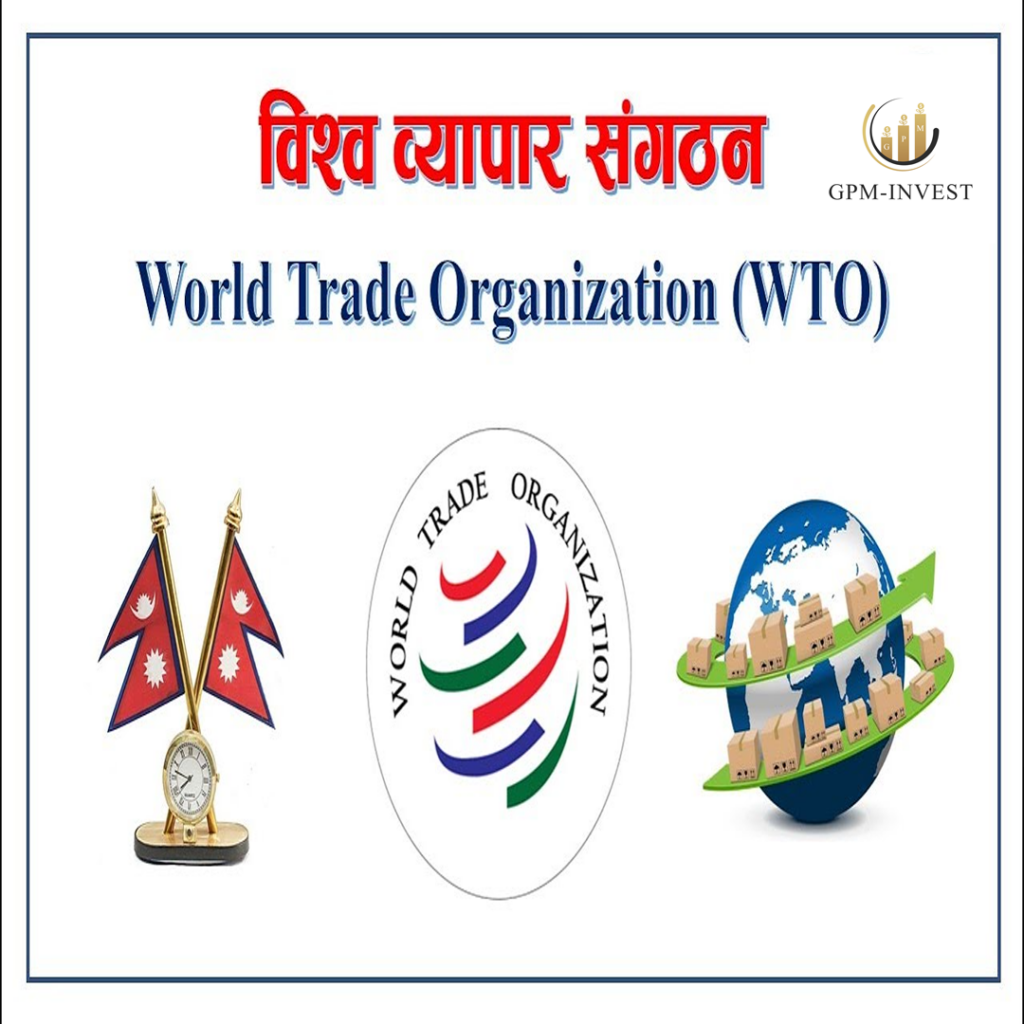Digital Zeitgeist – Global Trade Tremors: A Bleak Horizon for Economic Prosperity
The World Trade Organization’s startling revision casts a long shadow over the future of global commerce.
From Growth to Standstill
Recent announcements from the World Trade Organization (WTO) have rocked global financial corridors. Their initial prediction of a 1.7% growth in global goods trade for 2023 has been cut down by over half to a mere 0.8%. This marks a significant departure from more optimistic projections earlier this year.
Persistently high inflation is among the chief culprits. Major trading nations have been cornered into keeping interest rates elevated, sapping consumer spending power in key economies, from the bustling markets of Asia to the high streets of Europe and the shopping malls of the US.
Ripples of Global Uncertainties
The tumult in the Chinese property market and ongoing conflicts such as the Ukraine war have further exacerbated the global trade scenario. China, once the bedrock of trade expansion, now faces internal challenges from a debt-ridden property sector to a crackdown on its tech giants. The repercussions of this extend beyond just Chinese shores. As the largest global exporter, any disruption in China’s economy sends shockwaves across global supply chains.
The Ukraine war, a devastating geo-political event, has affected the global trade of essential commodities, from wheat to metals. Not only does this have immediate economic implications but, in the long run, could pose food security risks and inflate prices worldwide.
The European Front: Germany at Risk
Europe’s largest trading giant, Germany, hasn’t been spared either. Recent data from Destatis revealed a dip of 1.2% in exports for August, with imports trailing by 0.4%. The decline in trade could potentially nudge Germany into a recessionary third quarter. ING analysts have expressed concerns over this economic backslide.
A Global Outlook
While all eyes are set on the upcoming reviews by the International Monetary Fund (IMF) and the World Bank, early indicators suggest that they too may mirror the WTO’s pessimistic outlook. Inflationary pressures, it seems, will compel central banks globally to maintain elevated interest rates for extended durations.
Yet, a silver lining emerges from the Peterson Institute. Their analysis paints a hopeful 2023, underpinned by decreasing inflation rates, which could eventually provide the necessary impetus for growth.
What Lies Ahead?
Despite these challenges, the WTO remains optimistic about 2024, expecting a trade growth bounce-back to 3.3%. However, there are emerging threats – skirmishes of trade wars leading to possible sanctions and blockades. Though these might seem isolated incidents now, they hold the potential to escalate into larger-scale disruptions, challenging the WTO’s forecast.
As Ngozi Okonjo-Iweala, the WTO’s director general, aptly pointed out, this slowdown in trade stands to dent global living standards. Poorer nations, reliant on global trade for economic sustenance, stand to be the worst hit. Global fragmentation, she warns, will further aggravate these challenges.
The Service Sector Saga
While the WTO’s report primarily focuses on goods, it’s worth noting the trajectory of the service sector, especially in the wake of a resurging international tourism in 2022. However, even this once-thriving sector has shown signs of moderation, with global commercial services trade growth reducing from a promising 19% in the second quarter of 2022 to 9% in the first quarter of 2023.
In Conclusion: A Precarious Balance
The unfolding scenario paints a picture of global interdependence. Disruptions in one part of the world cascade across nations, underscoring the intricacies of our connected economies. As trade forms the backbone of global prosperity, these setbacks necessitate international collaboration to foster stability and restore growth trajectories. The consequences of inaction – economic slowdowns, increased poverty, and potential recessions – are too dire to ignore.
Disclaimer: The views and opinions expressed in this article are those of the author and do not necessarily reflect the official policy or position of GPM-Invest or any other organisations mentioned. The information provided is based on contemporary sourced digital content and does not constitute financial or investment advice. Readers are encouraged to conduct further research and analysis before making any investment decisions.

